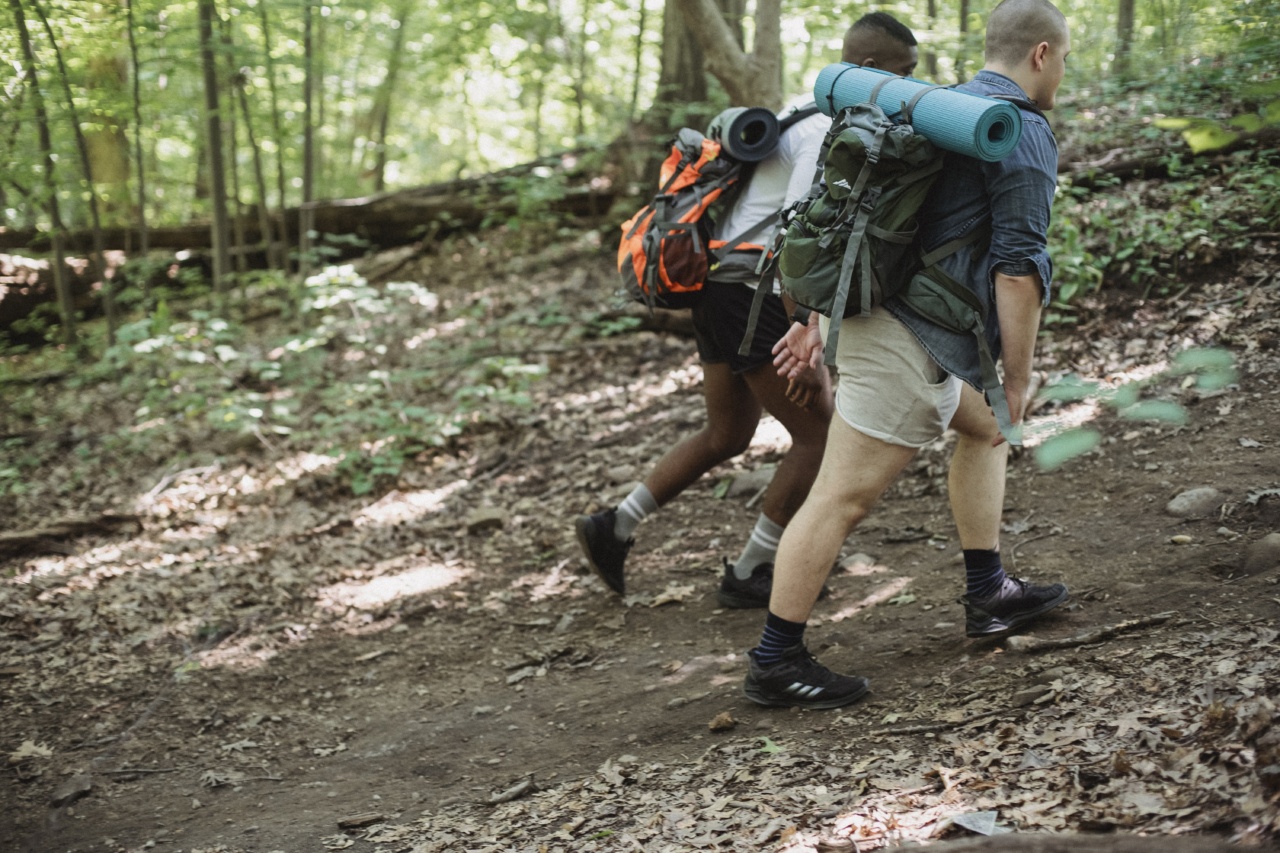Walking with a brain condition is a journey that is unique to each individual who experiences it.
It is a journey of self-discovery, where one must learn to navigate the challenges that come with their condition while discovering their own strengths and resilience. This journey can be both rewarding and challenging, but it can also be a path towards growth and understanding.
What is a Brain Condition?
A brain condition is any condition that affects the functioning of the brain. This can include conditions such as traumatic brain injury, stroke, epilepsy, multiple sclerosis, and dementia, among others.
These conditions can affect various aspects of a person’s life, including their physical abilities, cognitive skills, and emotional well-being.
Challenges of Walking with a Brain Condition
Walking with a brain condition presents a unique set of challenges for each individual. These challenges may include difficulty with mobility, memory and cognitive impairment, speech and language difficulties, and emotional and behavioral changes.
These challenges can impact a person’s ability to perform everyday tasks, engage in activities they once enjoyed, and maintain relationships with loved ones.
Learning to Adapt
Learning to adapt to life with a brain condition is an important aspect of the journey of self-discovery.
This may involve working with healthcare professionals to develop coping strategies and interventions to manage symptoms, as well as engaging in activities that promote physical, cognitive, and emotional well-being.
The Importance of Support
Support from loved ones, healthcare professionals, and support groups can also be an important part of the journey of self-discovery.
This support can provide a sense of community and understanding, as well as practical assistance and emotional support during challenging times.
Discovering Strengths and Resilience
Walking with a brain condition can also be a journey of self-discovery in which individuals discover their own strengths and resilience. These strengths may include adaptability, perseverance, and a willingness to try new things.
Discovering these strengths can help individuals feel more empowered and confident in their abilities to navigate the challenges of their condition.
The Role of Mindfulness and Self-Care
Practicing mindfulness and self-care can also be an important part of the journey of self-discovery for individuals with brain conditions.
This may involve engaging in activities such as meditation, yoga, or other relaxation techniques, as well as making time for activities that bring joy and fulfillment.
Building a Support Network
Building a support network of healthcare professionals, loved ones, and other individuals with brain conditions can be a vital aspect of the journey of self-discovery.
This network can provide practical and emotional support during challenging times, as well as a sense of community and understanding.
Conclusion
Walking with a brain condition can be a challenging and rewarding journey of self-discovery.
By learning to adapt, seeking out support from healthcare professionals and loved ones, discovering strengths and resilience, practicing mindfulness and self-care, and building a support network, individuals with brain conditions can navigate the challenges of their condition and discover new aspects of themselves in the process.






























